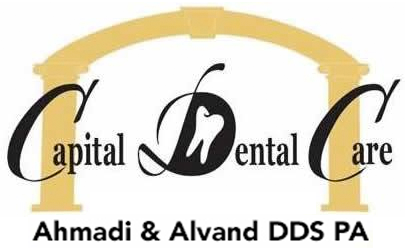CONSENT FORM: ROOT CANAL THERAPY
Our Location & Contact
Capital Dental Care
Cosmetic & General Dentistry In Raleigh, NC
Capital Dental Care – Raleigh, NC
Dentist in Raleigh, North Carolina
Address:
4237 Louisburg Rd., Ste 110 Raleigh, NC 27604
Phone:
(919) 865-8300
Website:
CapitalDentalCare.net
Capital Dental Care – Blue Ridge – Raleigh
Dentist in Raleigh, North Carolina
Address:
3126 Blue Ridge Rd, Raleigh, NC 27612
Phone:
(919) 865-8300
Website:
CapitalDentalCare.net
Copyright by Capital Dental Care. All rights reserved.
Font Resize

